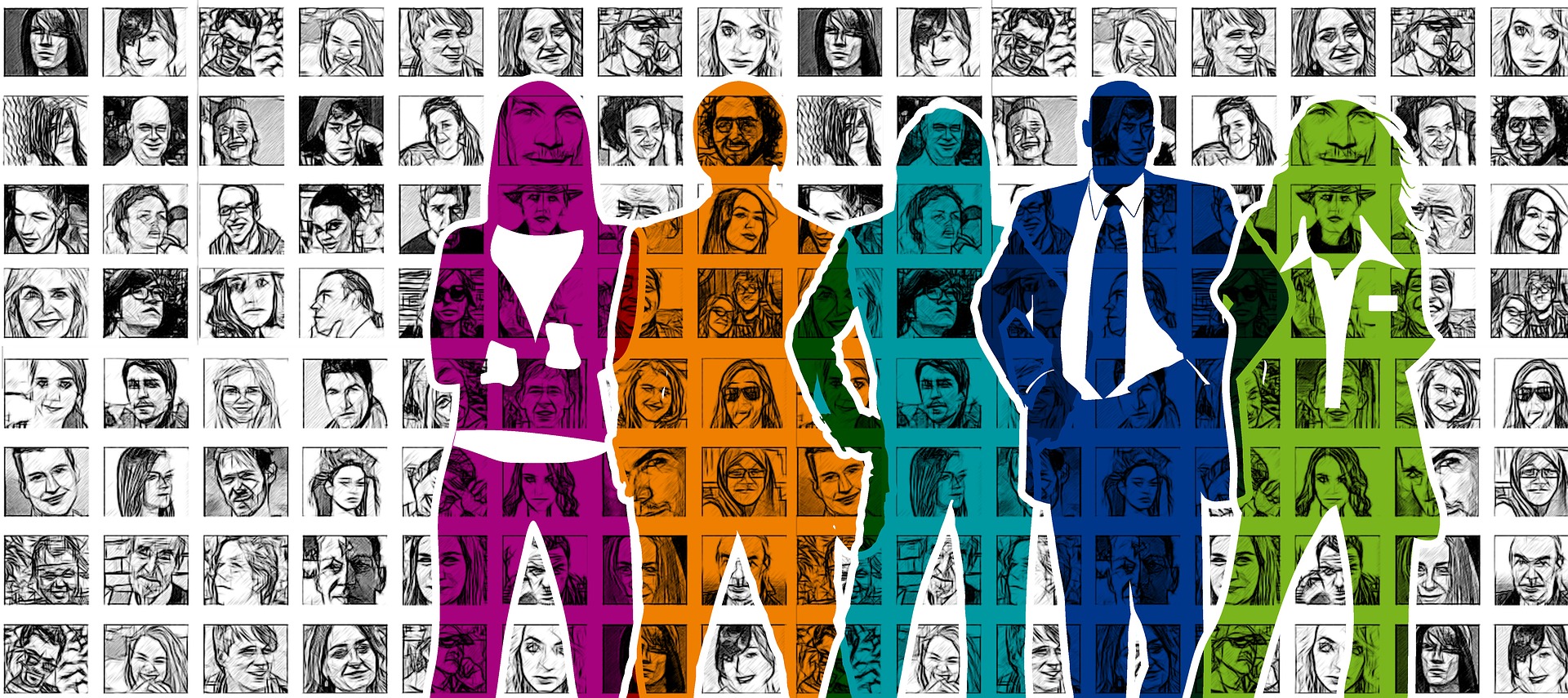
Migrants, agents of change!
Author: Prof. Mehdi Lahlou, University of Rabat, Morocco
International migration brings changes for the people involved, as well as for their families and the society at large. Migrants leave their country of birth to settle in another country, which is generally supposed to be economically, politically, and culturally more advanced.
Living for extended periods in new societies, migrants and their children (born in host countries) acquire new values and behavioural patterns, while also improving their living conditions, which might also alter their perceptions and relationship with society and contribute to democratization and socio-economic progress departure countries. Upon return to their original residence, emigrants become, one way or another, agents of change.
Whatever its origins and causes may be, migration of millions of persons all over the world is a channel of economic and cultural enrichment for both sending and host countries. Historically, societies not benefitting from human exchanges are disadvantaged in terms of economic development, science, culture etc. Migrants bring in new skills, tastes, modes of life and ideas. They also provide economic support for their families and communities back in their country of origin, and channel new social, cultural and political values as well as organizational know-how. And this is observed by many international bodies, including the UNDP:
In migrants’ countries of origin, the impacts of movement are felt in higher incomes and consumption, better education and improved health, as well as at a broader cultural and social level. Moving generally brings benefits, most directly in the form of remittances sent to family members. However, the benefits are also spread more broadly as remittances are spent—thereby generating jobs for local workers—and as behaviour changes in response to ideas from abroad. Women, in particular, may be liberated from traditional roles. However, international migration, even if well managed, does not amount to a national human development strategy. With few exceptions (mainly small island states where more than 40 percent of inhabitants move abroad), emigration is unlikely to shape the development prospects of an entire nation. Migration is at best an avenue that complements broader local and national efforts to reduce poverty and improve human development. These efforts remain as critical as ever (UNDP Annual report, 2008/2009).
UNDP’s arguments are confirmed by the recent historical experiences of southern European countries such as Italy, Spain, Greece or Portugal, many of whose citizens sought employment in northern Europe for a long time ending in the 1970s. After making considerable savings abroad and returning home, these migrants contributed to the transition to democracy as well as to social and economic development (Cipollone, 2005).
Migration from the Maghreb towards Western Europe began in 1960. This connected Europe’s industrialized and institutionally advanced societies, still dealing with the demographic and material consequences of the Second World War, with migrants of rural background with little or no formal education. Migrants came in search of better living standards, intending to eventually return to their country of origin and share material benefits with their families. However, they chose to stay longer in the host countries and progressively integrated into local societies, which influences their outlook. This adds to their role as agents of change in their countries of origin. Such effects could be detected, for instance, in the field of demography. Women of Moroccan, Algerian and Tunisian origin adopted attitudes towards procreation similar to those of their counterparts in Europe. Change also occurred with respect to politics and social activism. Migrants returning to Morocco, for example, reinforced the local trade union movement as well as left-wing political parties. In the beginning of the 1980s, the Moroccan Parliament accepted five new members to represent the emigrants in Europe. At the same time, migrant remittances grew to nearly 10 percent of Morocco’s GDP, with important repercussions on the national economy. Such developments resulted from factors such as the relative integration of Maghrebis in host societies, and the low level of unemployment among the migrant populations and Western Europe in general. Today, however, the situation seems quite different. Indeed, during the recent years - in parallel with the 2008 economic and financial crisis and the 2015 migrant crisis - racist and xenophobic currents in Europe (both West and East) have risen to power. It also led to increased difficulties in integrating migrants and, by the same token, to more marginalization and stigmatization of migrants - especially the youngest among them – and, as a reaction, to certain forms of radicalization on the part of these same migrants. In this sense, we seem to be moving away, on both sides, from the optimal social and political situation that effectively enables migrants to continue to be the agents of change that they were supposed to be and to fully contribute to economic development in their host countries and their countries of origin.
Bibliography
UNDP Annual Report 2008/2009: Living up to its Commitments. www.undp.org
Cipollone, F. (2005) L’Emigration italienne: hier et aujourd’hui, <http://fig-st-die.education.fr/actes/actes_2005/cippolone-maury/article.htm>.


